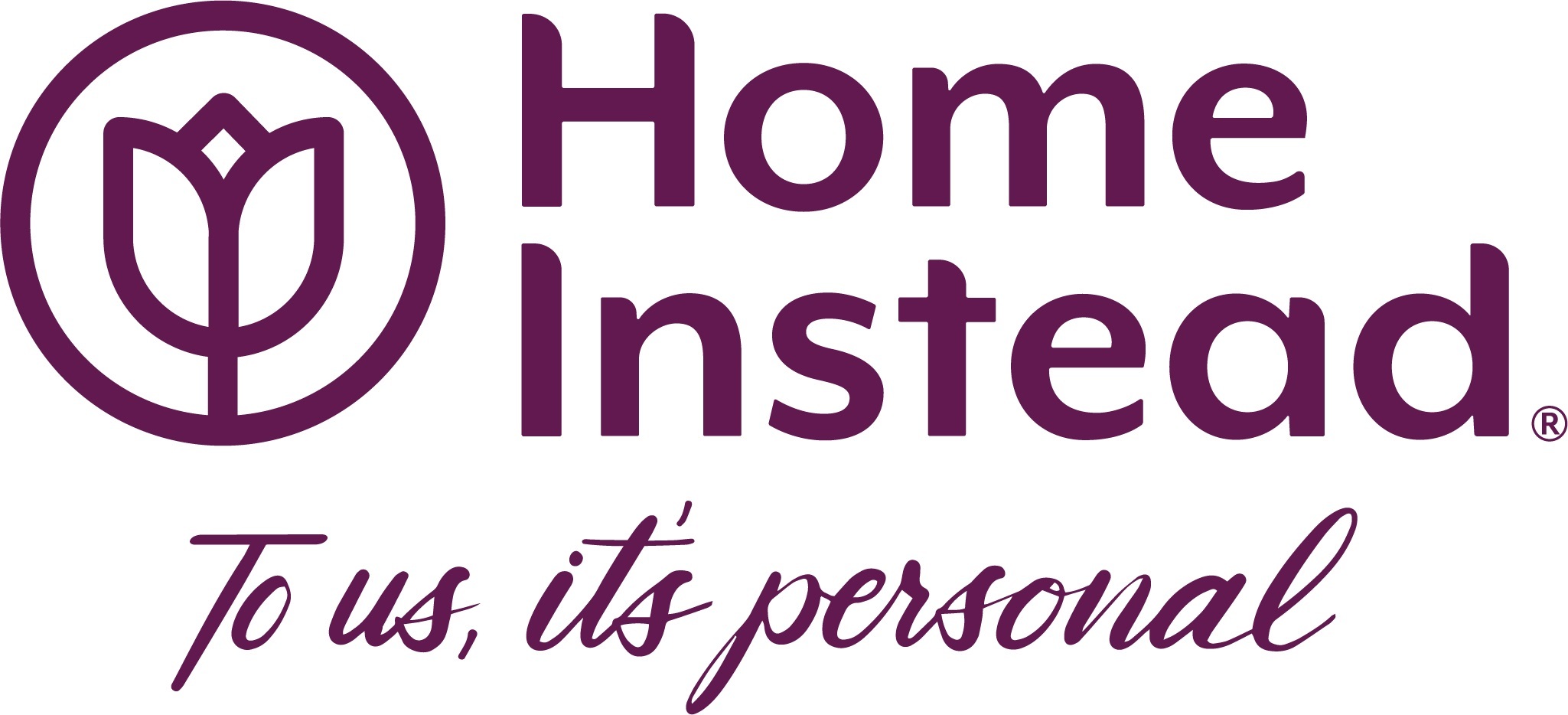
“Our vision became clearer as we gained a better understanding of everything from industry terminology to the importance of implementing new processes. In the end, we gained the skills and knowledge to not only provide unrivaled customer service, but also prove just how significant our modest support team is to the overall success of Home Instead Senior Care’s success.”
-Linda Faucher, IT Support Director.
Here’s one thing every support center leader knows: Their team plays a vital role within the organization—with the potential to improve business and impact the bottom line. But what a support team actually contributes is often difficult to define. It’s not always easy to measure. And proving your value to the business is never a simple task.
Such was the case for the Home Instead Senior Care support team. Founded in 1994, the organization is the world’s largest provider of non-medical in-home care for seniors. Based in Omaha, NE, Home Instead Senior Care consists of 1,100 franchises throughout the world that log more than 60 million hours of care each year. A widespread organization working tirelessly to provide such noble and essential services to our communities must require a lot of tech support, right? What if we said you could count their entire technical support team on one hand? Yep, it’s a mere five employees. And a team tasked with doing a whole bunch with limited resources has to make sure they’re optimized to provide top-notch support. So they enlisted the help of HDI…
Time for an objective review.
The Home Instead Senior Care support team may be small, but they’re mighty. They always knew they had a great culture. Fun team, solid camaraderie, and they’re passionate about their profession. But from a process standpoint, how were they doing? They knew they had to develop as a unit, but wanted guidance and validation on where to focus their energy. To get a better understanding of their current maturity level they underwent HDI’s Best Practices Assessment service in 2013. Through this independent, third-party review of their support center, they received a current-state baseline, found out where they were set, and areas they needed to improve.
Where were they lacking? Their service catalog. As well as metrics and performance measurements. Both critical to any support organization.
Develop a meaningful action plan and drive results.
As part of the HDI’s assessment, Home Instead Senior Care was provided with a detailed roadmap that prioritized and guided improvement initiatives.
Step 1: Create a service catalog. It’s one of the most effective ways to improve the visibility of your service and support team and promote the value you provide to the organization. And what they had read like a restaurant menu that offered every cuisine under the sun. So they developed some boundaries and streamlined the things that they would and would not support. Just like that, their operational efficiency skyrocketed.
Ticket volume decreased by 10.8%
Step 2: Set some service level objectives to make metrics and performance measurements a priority. If they were going to show that they weren’t just another operating cost, they needed numbers to back it up. They immediately put more stock into how and what they measured. The best part? The team embraced having something to measure themselves against, always striving to get better.
First call resolution increased by 6%
Step 3: Get the entire team aligned around industry standards and best practices. It started with the managers who became certified in HDI Support Center Manager and HDI Desktop Support Manger. When they realized the value, they had the entire team participate in onsite HDI training, in the beginning of 2016, so they could get everyone “speaking the same language.”
Customer satisfaction increased 2% between 2015 and 2016.
Ready to elevate the customer experience?
What was the result of Home Instead Senior Care’s support center transformation? In a nutshell, they became “rock stars.” At least according to the thousands of franchise owns and staff who attend their Annual Convention with the specific intent of meeting the support team—to personally thank them for the exceptional service and support they provide throughout the year.